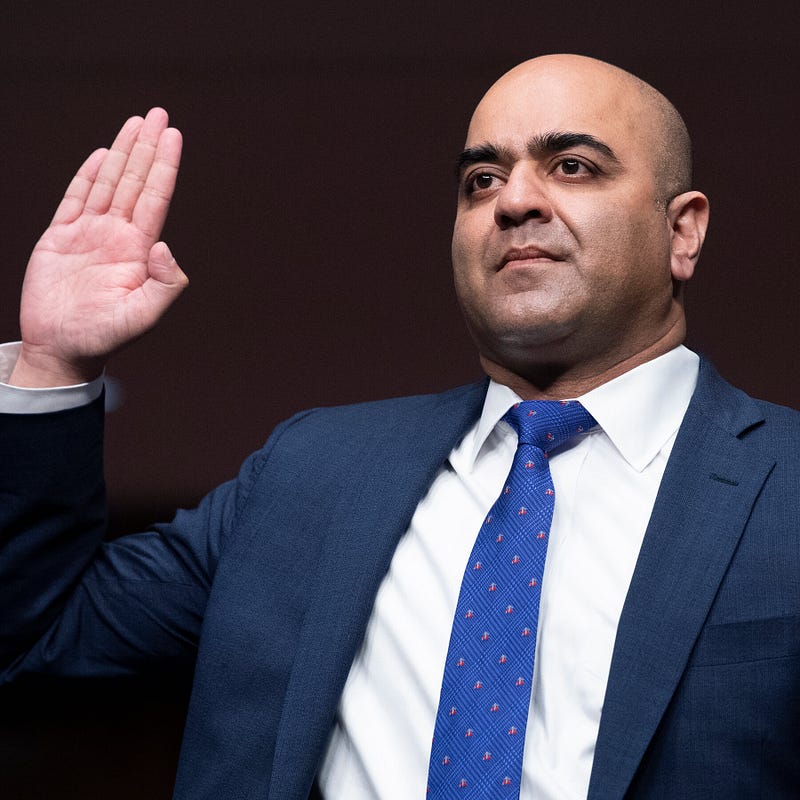By: MPAC Policy Bureau

The Framers of our Constitution, as they drafted the foundational document of the nascent nation, wanted to ensure the rights of citizens would be protected in perpetuity. And, as we all know, they endeavored to do so by creating three co-equal branches of government with a system of checks and balances.
The Executive Branch. The Judicial Branch. The Legislative Branch.
All three of course remain intact, but their relative power is shifting.
Given the unprecedented use of the filibuster in the Senate and fewer and fewer competitive seats in the House of Representatives, Capitol Hill is not sending legislation to the President’s desk like it did in a bygone era.
The result of the de-evolution of our legislative tradition means our nation is being governed more and more through executive order by the Executive Branch.
Primarily, the ways to reverse any Executive Order is by the President or through the courts as they have the power to deem it unconstitutional and strike it down.
This imbalance has resulted in the Judicial Branch assuming more power with every passing year, moreover, Article III judges have lifetime appointments.
For American-Muslims, there isn’t an example more illustrative than the notorious Muslim Ban which was issued as an Executive Order by the former administration.
From there, it worked its way through the federal judiciary, ultimately reaching the Supreme Court…
Given that, we at the Muslim Public Affairs Council have worked diligently to advocate for judges from not just the American Muslim community but those with diverse backgrounds to be considered, nominated, and confirmed.
We were heartened during the State of the Union when Supreme Court nominee Ketanji Brown Jackson, an African American woman, was in attendance.
Traditionally, the first step in getting such a nomination is to have already been on the federal bench and our community has finally reached this level.
Last summer, Judge Zahid N. Quraishi’s confirmation made him the first Muslim Federal District Judge. Then, in January, President Biden nominated Nusrat Choudhury, who would be the first Muslim woman to serve as a Federal Judge.
Judges can change our lives as they interpret the law and determine constitutionality. More diversity, whether it be ethnic or religious, will ensure this increasingly powerful and influential branch of government to be more reflective of the people it serves.
Seeing Judge Ketanji Brown Jackson, at the State of the Union along with the historic year our community has had with the federal judiciary, has given us a sense of hope and optimism that there will come a day when a jurist from our community will join the federal bench and it will not be a front page story, it will be just another day.
Invest in MPAC’s work to improve public policies and perceptions. We’re changing how America views Islam and Muslims.